Khan Academy has taken the world by storm in the eight years since its inception. The online video library hosts a wealth of subjects with video tutorials allowing its users to learn at their own pace. The non-profit organization is backed by some of the most influential foundations in the world, including the Bill and Melinda Gates Foundation - and Google. It's free to use, and my kids have been using it as extra material to back up what they've been learning in their classes for years.
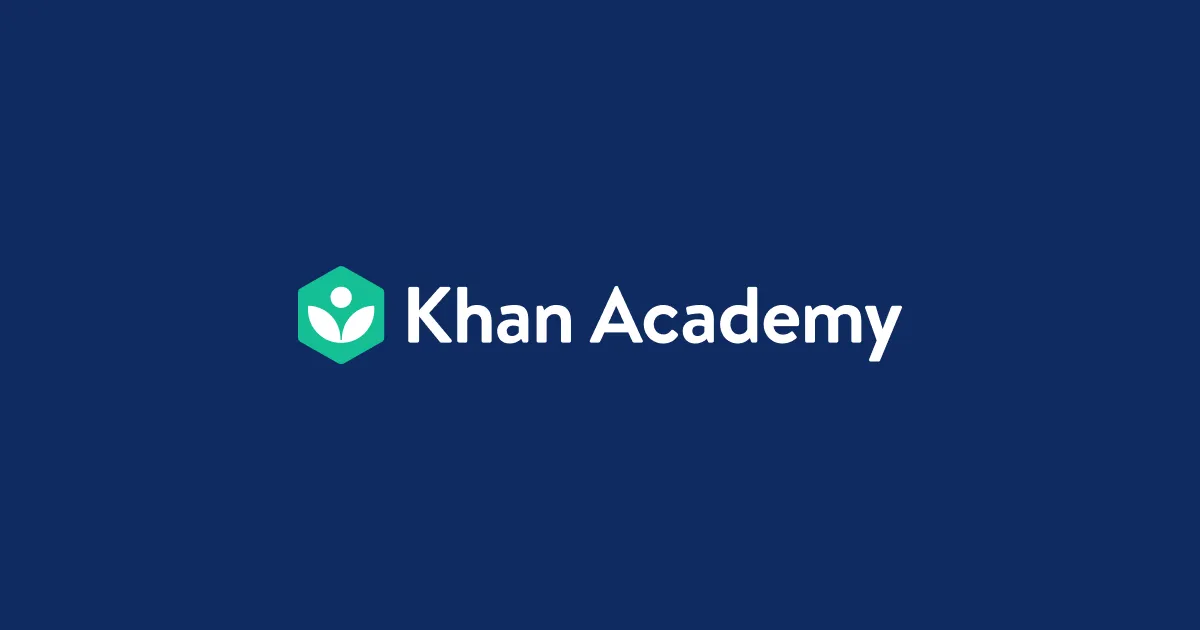
- Free and Accessible
You can work on problems and watch videos for free. It is available anywhere you can access the internet. - Wide Variety of Subjects
This is one of the things I love most about Khan Academy. They cover the majority of subjects that you could find, even at a university. There are videos on math, biology, chemistry, physics and electrical engineering. They also have videos on arts, humanities, economics and finance, and even have a college prep course for those who are preparing to move into college. Currently, the one that has been most useful for my kids has been the math content, which was created by Sal Khan himself. It covers all of math from Kindergarten to Differential Calculus and Discrete Mathematics.
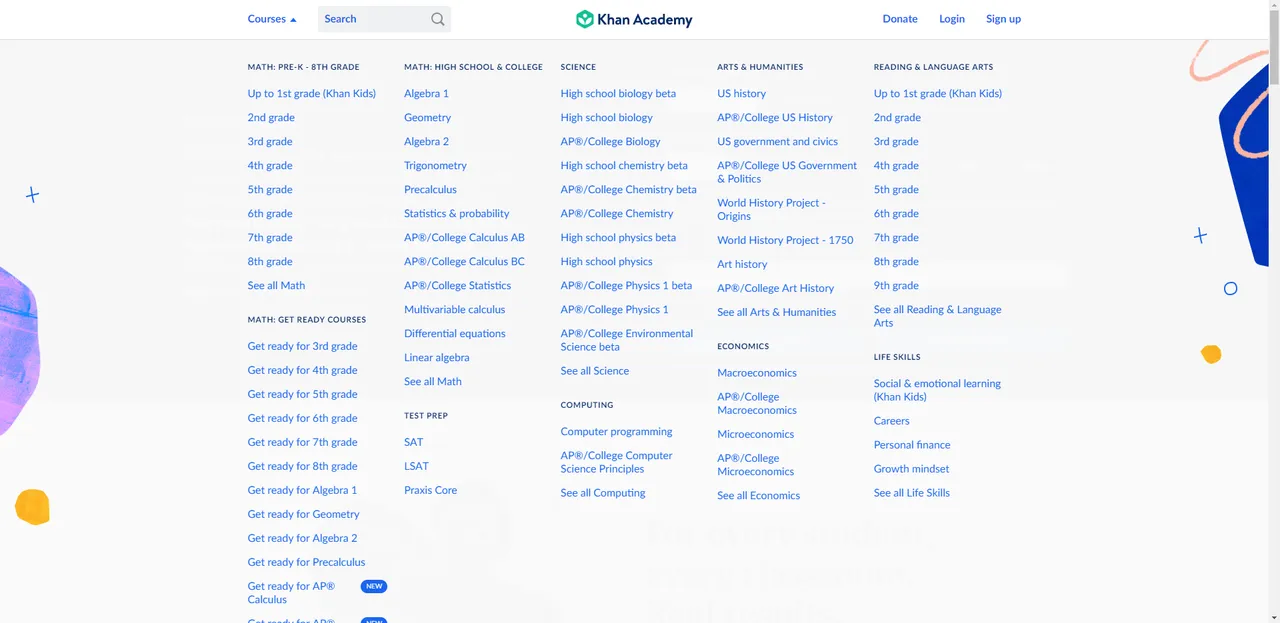
- Khan Academy Expands
Khan Academy is always expanding its content, which is great as new subjects of study open up or become more relevant. For example, Khan Academy added an Animation course by working with Pixar. It teaches the basics of computer-aided animation.
They also added a Cryptography course that teaches the fundamentals of codes and ciphers, and how to crack them. - Work at Your Own Pace
One of my favorite things about Khan Academy is that you control the speed. This is great for students who need extra time to figure out problems, or those who work at a much faster pace. It is also great for those who like to work for longer on a subject so that they can master the concepts taught.
Basically, it allows for a much higher level of understanding because each student is unique and has their own standards of learning. - The Math Section
The first and most updated section of Khan Academy is by far their math section. As I stated a little while ago, Khan Academy is known for their extensive math program, because it ranges from early math all the way through advanced mathematics like Discrete Mathematics. This makes it probably the most extensive math program I've encountered as a homeschooling parent.
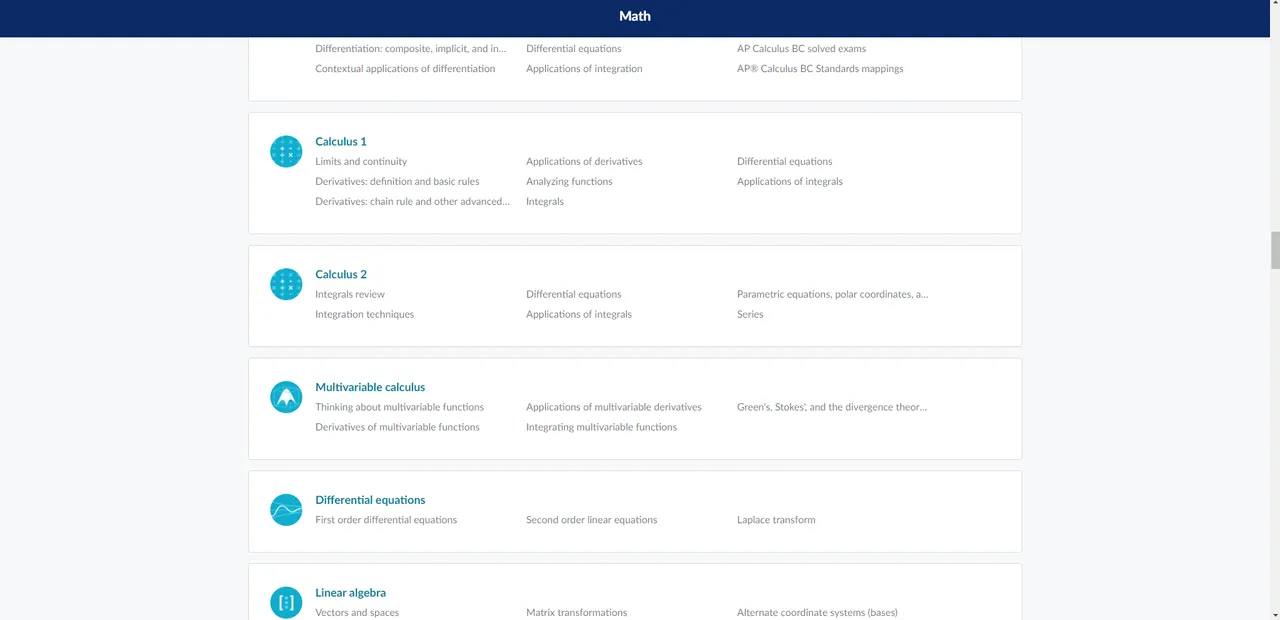
- Unlimited Problems
It is commonly thought that the best way to learn any subject is by repetition. When you work over and over on a process, such as factoring trinomials or even basic addition, the more you repeat it, the stronger you understand that concept.
This is why Khan Academy is really a great program. Khan Academy has a randomized problem system, which means that it auto-generates problems from textbooks or even problems created by the developers and lets the student do them.
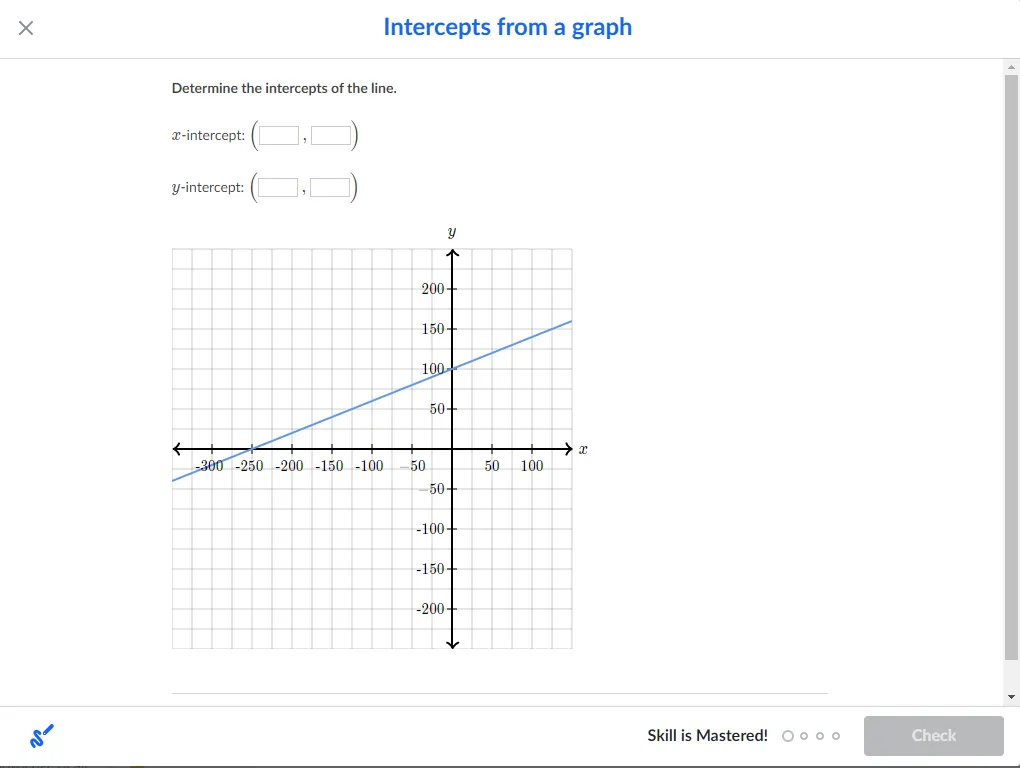
The student has no time limit, and is able to work on as many of the same type of problem as he/she wants. The best part about the problems is that you can also check the step-by-step solution they offer to each and every single problem. It really is incredible.
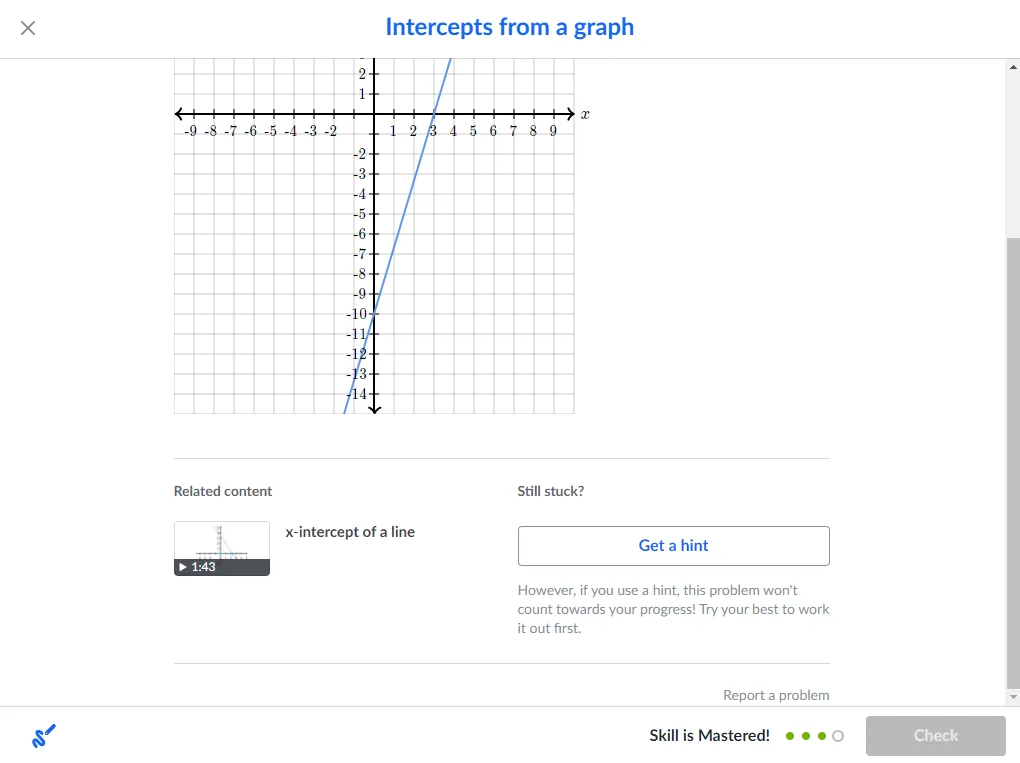
- Test Prep
One really great thing about Khan Academy is that it prepares you for pretty much all standardized tests. They have practice for MAP tests, SAT, CLEP, LSAT, Praxis Core, and even all of the AP Programs (Calculus, US Government, US History, Art History, Environmental Science, Chemistry, Biology, College Macro and Microeconomics, Computer Science, etc...). This makes it useful for students of all ages preparing for entrance exams or state exams.
- One Teaching Style
This is one of the biggest complaints with Khan Academy right now. Khan Academy only has one method for most types of problems, which means that you only ever learn one method of solving a problem. This doesn't seem like a big problem, but it really is. Students learn through three main methods, which I have linked here.
With Khan Academy, you are restricted to learning how the video teaches you, and it may or may not be the best way for you to learn as an individual. - Collaboration Isn't Used
Collaboration with other students is important. You might discover a new way of thinking about something or help one another build off of your mutual knowledge, skills, or strengths and weaknesses. However, with Khan Academy, you lose the collaborative aspect of education. That process cannot be replicated in the same way, when learning from videos. - Creativity is Lessened
This isn't really a disadvantage of Khan Academy, since it doesn't hold true for everyone. However, it is important to note that teaching is not just about learning how to solve problems from a textbook. It is also about being able to recognize those examples in life and be able to solve them, especially since there will be variation. In other words, Khan Academy can only instruct; it cannot inspire and guide you to come to a solution on your own. A fundamental part of education is not only learning the material—in conjunction with generating ideas and being able to execute them.
Overall, Khan Academy is very useful as a supporting program, but can't teach the way some teachers are able to. They only use one method (most of the time) to solve problems, but they can cover a lot of subjects.